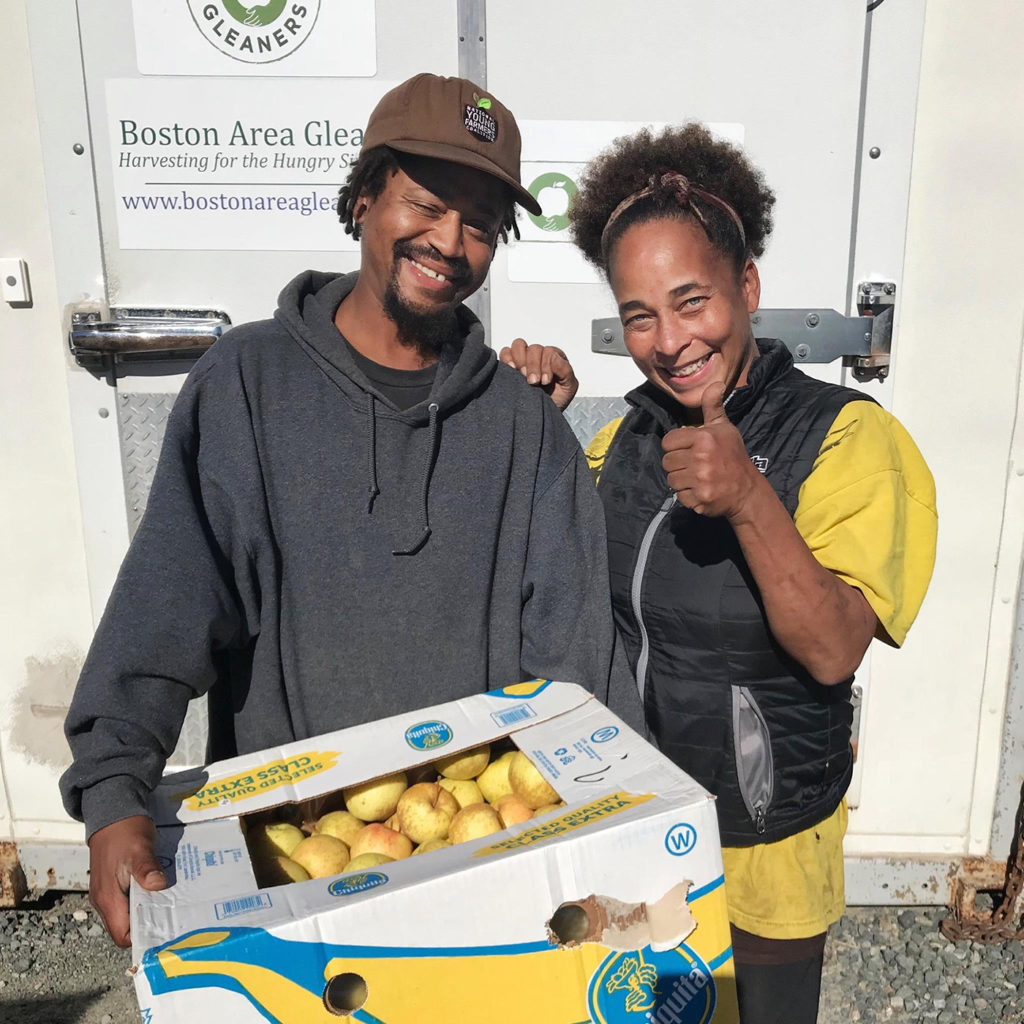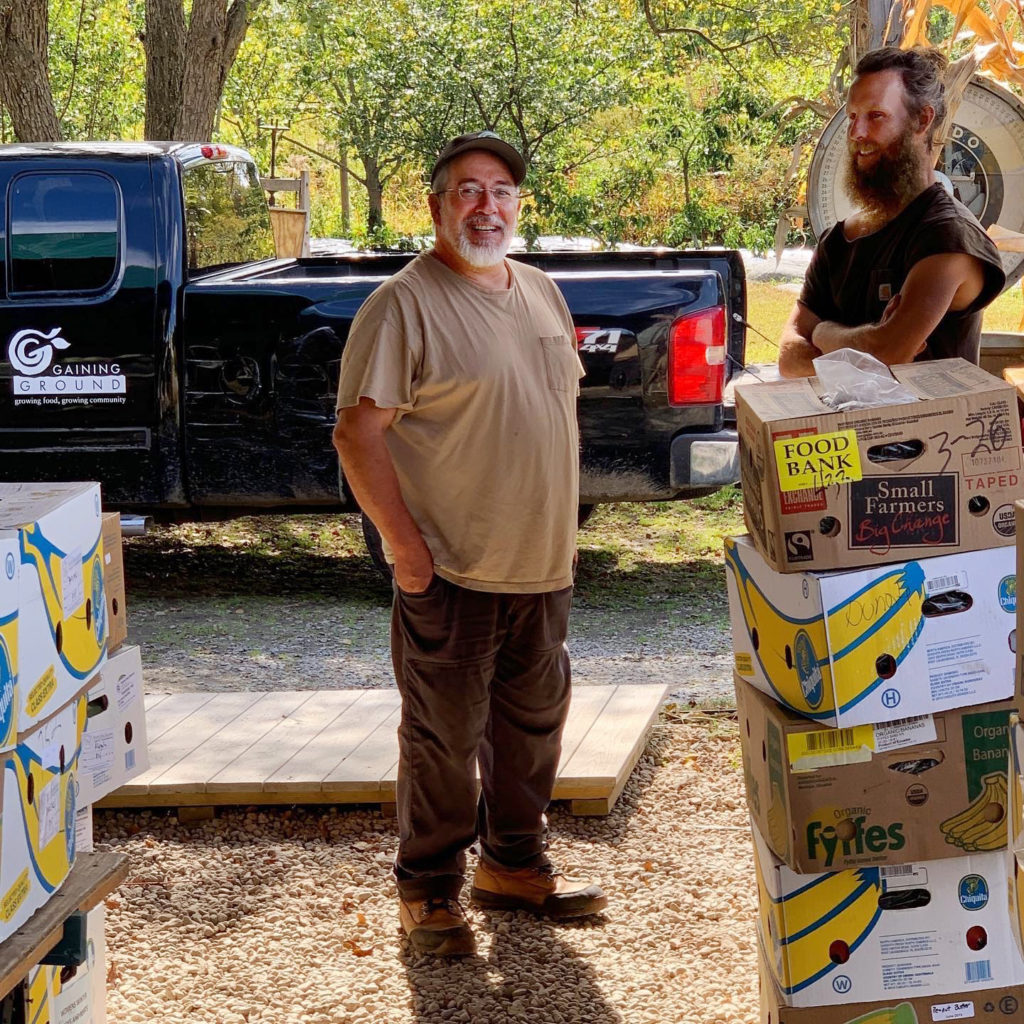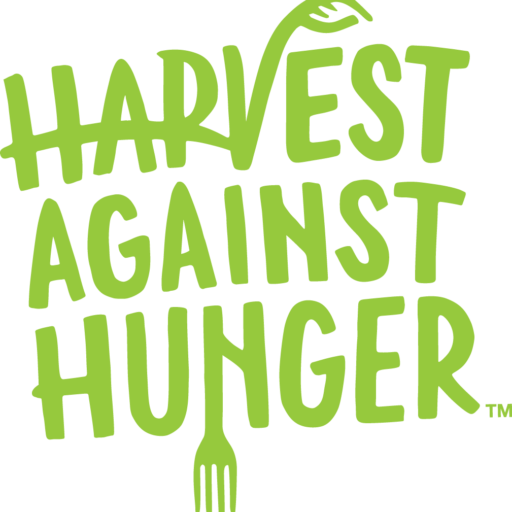How Can We Help?

Farmer Relations
Boston Area Gleaners relies on a network of partner farms across Eastern Massachusetts to open up their fields to gleaning. While gleaning provides several benefits directly to farmers, it is also essentially a food donation, coming from folks who don’t necessarily have a lot of resources to spare. Therefore, the top priorities in farmer relations must be to make the process as convenient as possible for farmers, to recognize farms’ commitment to food equity, and to maintain close partnerships with farmers.
In the past, BAG has recruited farmers through press releases to local news outlets, mailed pamphlets and letters, and networked at farmers markets and agricultural conferences. Now that there is a fairly extensive network of farms working with the organization, farm recruitment typically occurs through word-of-mouth—either a farmer getting in touch with BAG by way of an existing partner, or BAG reaching out to current partners for recommendations of new farms to work with.
In any case, there are several essential details that should be communicated to prospective farmers once contact is made. The first is an explanation of what gleaning is and why it is important. The fact that farmers’ food surpluses can be rapidly distributed to food-insecure families with no cost or labor input required on their end is a powerful appeal. Because BAG is a 501(c)3, all donated goods also qualify as Federal Enhanced Tax Deductions for the farmer, and BAG provides them with accurate year-end harvest records to make deductions easy. BAG is typically called in for field gleans in response to a host of conditions, including bumper crops, maintenance harvests (harvests that will help the crop to keep producing), overlapping succession crops, staff shortages, impending weather, or moderate damage.
Another important point to make is that the gleaning is done responsibly and is risk-free for farmers. Volunteers all must sign liability waivers, and the Federal Good Samaritan Act protects farmers from food-related liability. Experienced staff supervise gleans, check in with farmers at the outset, and train volunteers to harvest safely and treat the land with respect. Leveraging a local reputation can help build trust as well— BAG staff will let farmers know of other farms they glean in the area and can provide them with references that vouch for their responsible and efficient practices.
Finally, it is key to understand the farmers’ communication style. Ask them what the best way to reach them. Typically, farmers will prefer phone calls, but some communicate over emails and text. Note this for future correspondence.

Once a farm agrees to donate, Boston Area Gleaners staff may schedule a follow-up meeting in person or over the phone to review more details. It’s great to visit the farm to get a sense of the operation size and crops. At this point the BAG representative will go over more details—the average amount typically gleaned on a trip, the typical volunteer group size—so that the farmer knows about how much BAG can handle in a single call. From there it’s up to the farmer to reach out to the Gleaners with surplus. Calls tend to be fairly consistent over the season, but if the Gleaners are scrambling for a trip, they may reach out directly to farmers as well. Referencing the schedule of gleans from the past provides a good starting point for what farmers might have which crops then.
Consider a way to properly ‘welcome’ farmers into a partnership. A fun tradition BAG has is to give each new partner farm a couple of official Boston Area Gleaners hats at the first glean!
Throughout the season, the responsibility then is to build trust—be reliable, consistent with communication, and speak their language. BAG’s Leadership team speaks with farmers regularly to schedule gleans as well as to check-in more generally. On gleans, leaders always arrive early to check-in with the farmer about the proper manner to harvest the crop and whether the farmers have any concerns that the group should be mindful of. By harvesting efficiently, safely, and responsibly, and by being respectful of the land, you can prove to the farmer that you are a reliable partner.
It is also important to acknowledge the farmer for their partnership and donations! Through the gleaning season, BAG makes sure to feature partner farms regularly on social media—posting picturesque photos that show off their land stewardship, including stats about the amount they donated, and of course tagging them directly so that the public can check them out for themselves.
In addition, at the end of the season, BAG will send out a year-end thank you to farmers. This includes some key information:
• Extending gratitude for the farm’s commitment to reducing food waste and increasing food access
• Citing the total amount donated by partners, in pounds & servings, and telling a story of where the produce went—
with testimonials from partner agencies
• A rundown of the donation totals for the particular farmer. This is an official tax document and must include key language and data. Annual copies of this documentation are saved in the shared “Operations” folder on the BAG server.


